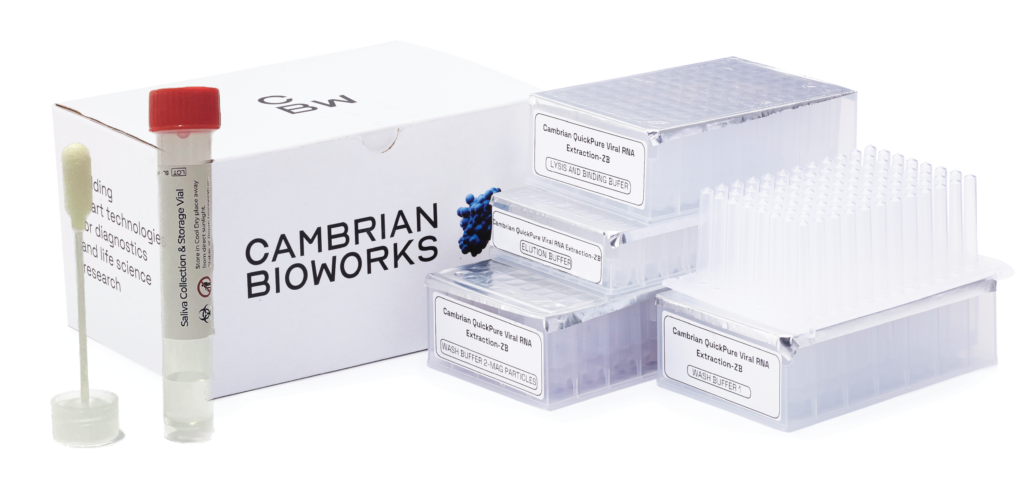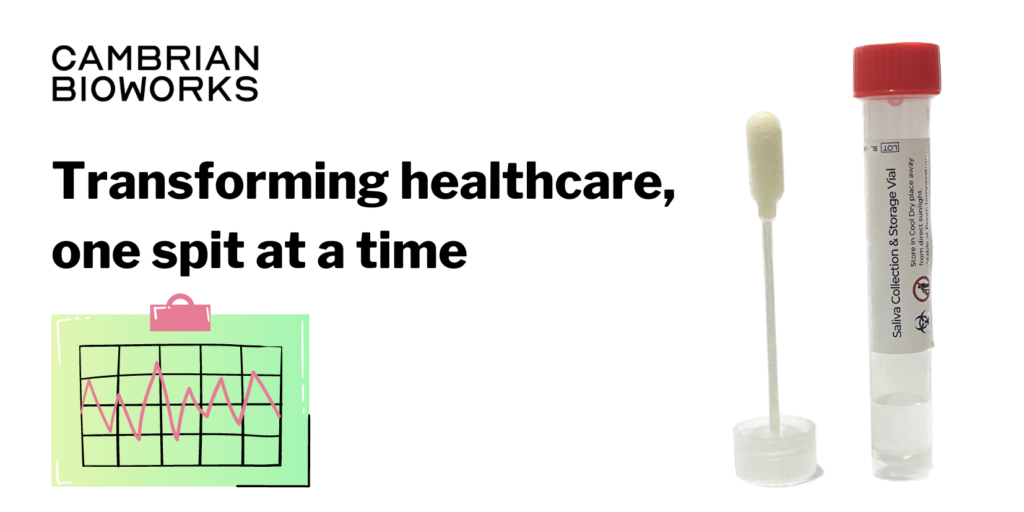Back in 2004, researchers at UCLA published a study demonstrating the feasibility of using saliva to detect oral cancer.
They analyzed saliva samples collected from patients with oral squamous cell carcinoma and healthy individuals. They looked for mutations in the p53 gene (which is known to be associated with oral cancer development).
Using PCR, they successfully detected p53 mutations in saliva samples from patients with oral cancer, demonstrating the potential of saliva-based diagnostics for early cancer detection.
This study paved the way for further research on using saliva as a diagnostic tool for oral cancer.
Since then, the interest in using saliva for cancer diagnosis has grown significantly. According to the PubMed database, the number of scientific papers focused on the keywords “diagnosis,” “cancer,” and “saliva” has increased tenfold between 2001 and 2021.
The appeal of this approach is obvious.
Cancer is usually detected through tissue biopsies, blood, or cerebrospinal fluid. The process is invasive and painful. Of these, the simplest sample to collect is undoubtedly saliva.
The field is developing rapidly due to the progress of “omics sciences” that analyze large collections of molecules involved in the functioning of an organism — such as genomics, proteomics, or metabolomics — as well as methods for analyzing large quantities of data.

For example, the proteome of saliva — an exhaustive catalog of the proteins present in this fluid — is already available, and it is known that between 20 percent and 30 percent of the saliva, proteome overlaps with that of blood.
Promising saliva DNA biomarkers
1️⃣Intracellular DNA and RNA
Intracellular DNA and RNA can provide insights into genetic mutations, gene expression patterns, and epigenetic alterations associated with cancer development.
A recent study focused on detecting tumor-specific mutations in intracellular DNA isolated from saliva samples of patients with oral squamous cell carcinoma. The study demonstrated the potential of intracellular DNA as a saliva biomarker for oral cancer detection.
2️⃣Exosomes
Exosomes are tiny lipid-wrapped vesicles.
In the realm of cancer, they are more than just players; they are key actors in the intricate drama of the disease. Released by cancer cells, they embark on a journey through our bloodstream, ultimately finding their way to our salivary glands, where they are unceremoniously dumped into our spit.
But why is this so important?
It all comes down to stability and accuracy. Unlike other components of saliva, these exosomes don’t mix and mingle. They package and protect their cargo, preserving it in pristine condition. This means that when we analyze these tiny vesicles, we gain access to a more stable and accurate snapshot of our health, a treasure trove of clinically relevant information that can guide us toward early detection and effective monitoring.
Specific miRNAs derived from exosomes showed potential as non-invasive biomarkers for pancreatic cancer detection and monitoring in a recent study.
3️⃣Cell-Free DNA
Cell-free DNA refers to DNA fragments released into bodily fluids, including saliva, by apoptotic and necrotic cells. Detection of tumor-specific mutations in cell-free DNA can aid in early cancer diagnosis and monitoring.
A study published in 2020 focused on cell-free DNA in saliva as a biomarker for oral squamous cell carcinoma. Specific genetic alterations, such as TP53 gene mutations, were identified in cell-free DNA, suggesting its potential utility for oral cancer diagnosis.
The identification in saliva has potential apart from early detection. It might make it possible to assess individual risk of developing cancer, predict how a tumor will evolve, or monitor the therapeutic response in a non-invasive way, allowing the development of personalized medicine.
Check out our gDNA extraction kit using saliva.
The Saliva DNA isolation kit purifies DNA from freshly collected or stabilized saliva samples.

The average concentration expected is 3-8 µg and the A260/280 value of 1.8 – 2 with a starting volume of 500 µL.
To get more information, contact us at support@cambrianbioworks.com or +91 90356 74375.

